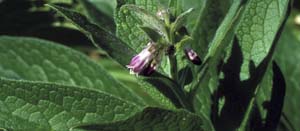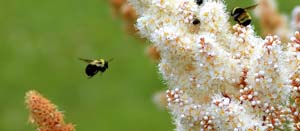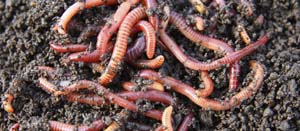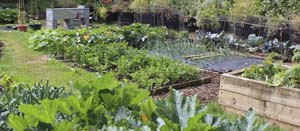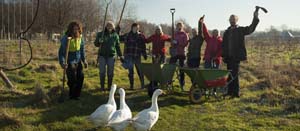SEARCH RESULTS > ARTICLES
Creating well-draining soil in your garden is essential for the health of your plants, as it allows excess water to move away from the root zone, preventing waterlogged soil. Here are steps to achieve well-draining soil. Learn More
Regulating the pH in your garden using organic methods is a sustainable and environmentally friendly way to ensure healthy plant growth. Here are several organic methods to adjust and maintain the pH in your garden: Learn More
Companion planting is a gardening practice where you strategically plant different types of crops near each other to take advantage of the potential benefits they can offer each other. This can include improving growth, deterring pests, enhancing flavor, and maximizing space. Here's why and how you can use companion planting in your garden. Learn More
Pollinators are incredibly important in a garden for several reasons. Learn More
The microbiome in your garden soil refers to the diverse community of microorganisms that inhabit the soil. These microorganisms play a crucial role in maintaining soil health, nutrient cycling, and plant growth. The soil microbiome consists of various organisms, including bacteria, fungi, archaea, viruses, and microfauna (such as nematodes and protozoa). Here are some key points about the microbiome in garden soil. Learn More
Worms in your garden provide several benefits, making them valuable allies for gardeners and the overall ecosystem. Here are some of the advantages of having worms in your garden. Learn More
Setting up an edible garden can be a rewarding and sustainable way to grow your own food. Learn More
Permaculture is a holistic and sustainable approach to designing and managing human settlements, agriculture, and ecosystems. The term "permaculture" is derived from "permanent agriculture" and "permanent culture," reflecting its core principles of sustainability and harmonious living with nature. In this introduction, we'll explore the fundamental principles and practices of permaculture, emphasizing its potential to create resilient and regenerative systems for the benefit of both people and the planet. Learn More


